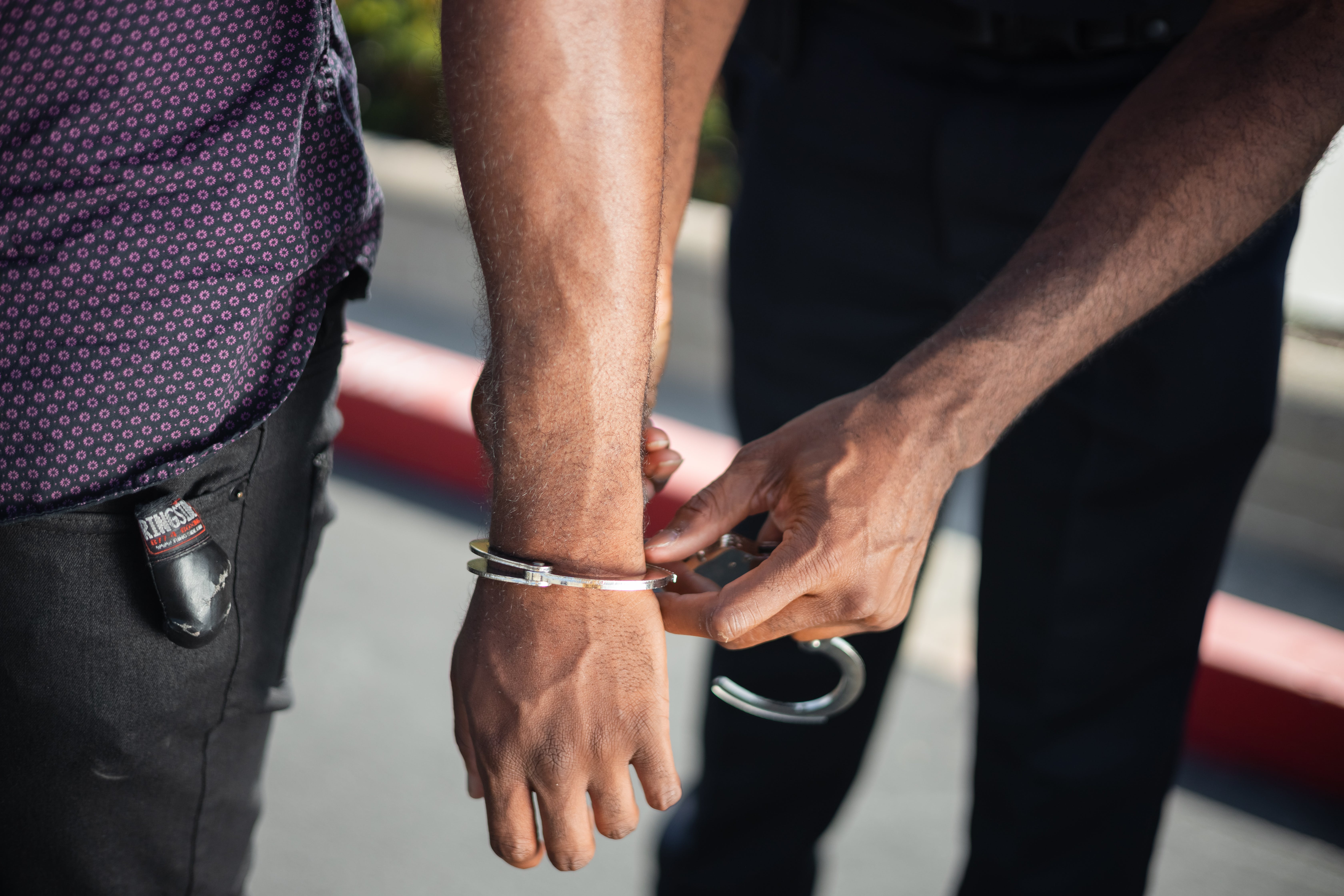News | Monday, 29th January 2024
New figures show colossal cost to taxpayer for wrongful imprisonments due to joint enterprise laws
Study highlights ‘costly and ineffective’ legal doctrine

Nearly £250m each year is spent on processing defendants in cases of joint enterprise (JE) – the legal doctrine that has seen thousands of innocent people jailed for life – according to new data from Manchester Met criminologists.
For the 1,088 people on average convicted under JE each year, the total future punishment costs the taxpayer an enormous £1.2 billion.
Authors of the report, The Mounting Cost of Injustice: Calculating the Economic Cost of Joint Enterprise, argue JE is costly and ineffective, especially given recent rises in prison overcrowding and violent crime.
Under UK law, JE allows people to be given mandatory life sentences for a crime they did not commit or did not make a significant contribution to. They can be sentenced if the court decides they knew that someone else was likely to commit a crime, and intended to encourage or assist them. Many have been wrongly sent to prison or given longer sentences than they should have been.
Those charged with JE are assumed guilty by default and must prove their innocence - effectively, being found guilty by association.
New data in the study (link) by Manchester Met sociologists Becky Clarke and Patrick Williams also shows that:
· the cost of processing and punishing homicide for a single JE defendant is £1,368,542
· for every additional defendant to be processed and punished when using JE it costs £1,291,031
· a typical JE homicide or attempted homicide case costs £4,647,711.
The report analysed the expenditure costs of joint enterprise prosecutions using validated data for homicide cases. The expense of processing additional defendants in JE cases at trial and sentences were also calculated, as well as the costs of punishing additional defendants post-sentence including HM Prison and Probation Service outlays.
These figures represent only direct costs to the taxpayer, rather than wider social costs.
Becky Clarke, Manchester Met Senior Lecturer in Criminology and joint author of the report, said: “Over many years, we have collectively demonstrated the impact of the injustice of joint enterprise punishments on prisoners, their families and wider communities. We are now closer to getting a sense of the scale of this injustice, allowing us to understand the mounting economic costs.
“It is staggering to see how many individuals are pulled into this net of joint enterprise and what it costs the taxpayer. We desperately need an honest conversation with those in power about the harms and costs of this flawed legal and policy response to violence.”
The report also highlights the unequal use of JE prosecutions against children and young people, women and racialised communities. Crown Prosecution Service data estimates that 14% of defendants prosecuted using JE are children which, aside from the moral questions raised, will cost £14.5m each year to imprison these 95 children.
For minority ethnic people, the costs of disparity and unequal treatment across the criminal justice system of England and Wales has been estimated to be £309m a year.
Citing the Manchester Met report, MP for Liverpool Riverside Kim Johnson has tabled a private members bill to strengthen the law around JE. If passed, only those who make a ‘significant contribution’ to a crime will be prosecuted under JE. The second reading of this bill will be heard on Friday 2 February.
Manchester Met is leading research into the impact of JE prosecutions and sentences, with its criminologists previously reporting that over 100 women are serving long prison sentences after being unfairly convicted under JE law and a survey of almost 250 serving prisoners convicted under JE showing that black and minority ethnic people were unfairly convicted.




